I-FIKR is a comprehensive mobile platform designed to democratize access to Islamic Economics and Finance knowledge. Developed in collaboration with INCEIF, the global university of Islamic finance based in Malaysia, this app leverages a substantial repository of specialized content to provide users worldwide with easy access to educational materials. The I-FIKR app offers features such as access to over 2,500 fatwas and resolutions, a newsfeed for important Islamic economics and finance news, and resources including books and research papers. Additionally, it fosters a community through Q&A sections, social profiles, and interactive features like comments and notifications, further enhancing the educational experience by connecting users globally.
INCEIF (Malaysia) approached us with a vision to create a mobile experience for their users. Taking advantage of the availability of mobile phones and mobile apps they aimed at making their knowledge base easily accessible to anyone, from anywhere. Their vision aligns very well with our belief that education is one of the pillars that makes our society evolve for the better, and technology can greatly improve access to quality education, while greatly reducing the costs.
users and growing
Malaysia, US, Saudi Arabia, Pakistan, Nigeria, Bangladesh, Indonesia and many more
Fatwas and resolutions available for subscribers
Ibraheem Musa Tijani
Product Manager @ I-FIKR

Developing an app like I-FIKR involves significant product and technical challenges:
Product Challenges:
Technical Challenges:
Efficiently addressing these challenges requires close collaboration across disciplines, including UX/UI design and software development.
We performed user research, user interviews, competitive analysis, and market research. We included a big part of UI & UX Design, user-centric design, wireframes, prototypes, stakeholder interviews, user flows, and use cases/scenarios. We also contributed to web development, mobile development, and backend development: React Native, React JS, node.JS, Docker, AWS, and Firebase.
We created a mobile experience for iOS and Android that provides fast and easy access to the I-FIKR knowledge base. After careful analysis and user research, we decided it makes sense to add a community layer on top of their knowledge base, that enables their users to enhance the library, educate themselves, and grow together as a community.
Ask Shari'ah
Access to over 2,500 curated fatwas and resolutions

Newsfeed
Important Islamic economics and finance news


Resources
Access to books, research papers, white papers

Ask Shari'ah
Access to over 2,500 curated fatwas and resolutions
Newsfeed
Important Islamic economics and finance news
Resources
Access to books, research papers, white papers
Community
Q&A section, social profiles, and social features (comments, notifications, ability to follow)
Events
A curated list of important events (online and offline) with the ability to buy tickets within the app

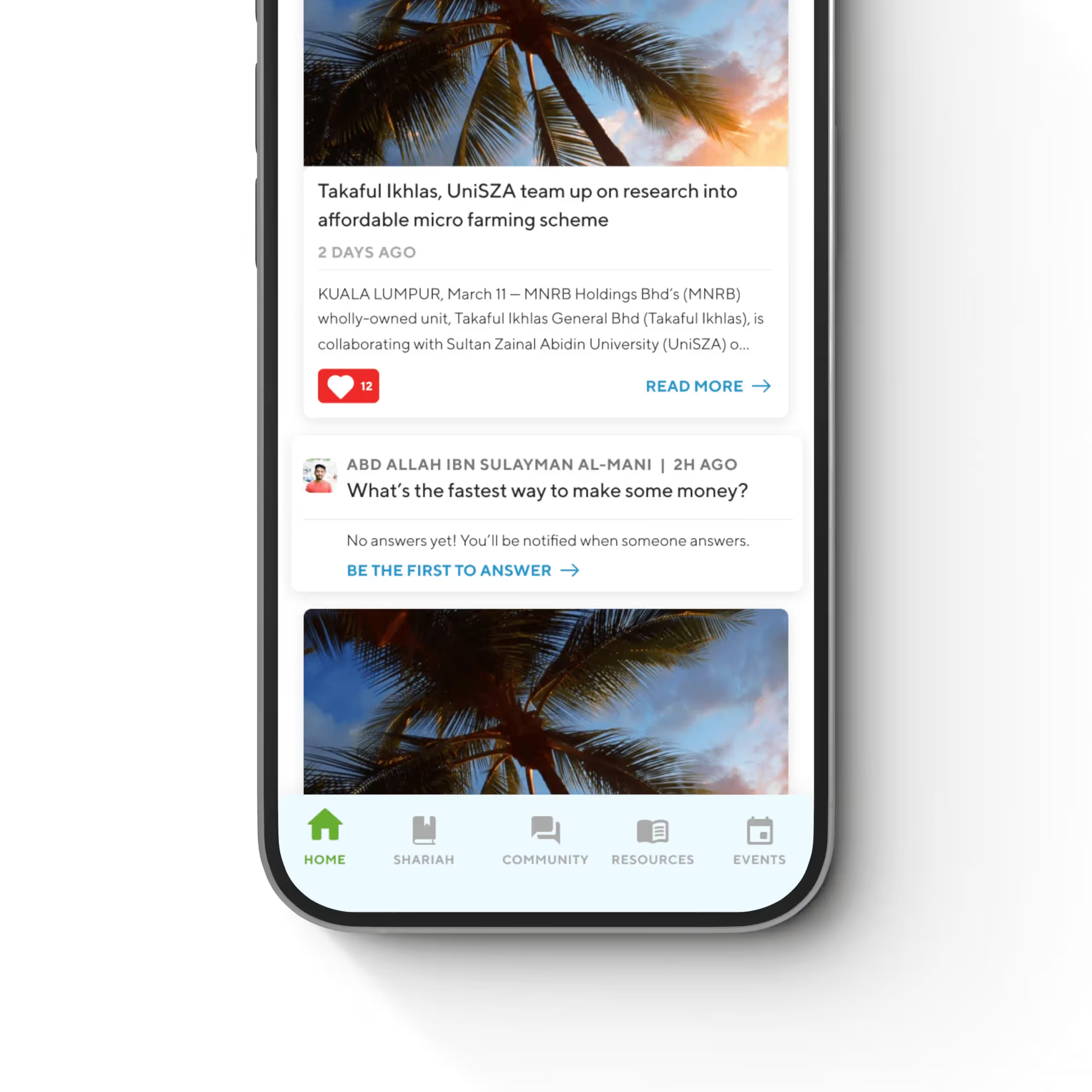



For each flow in Medicai, we develop user flow diagrams just like this one to help us understand what the optimal user journey looks like.
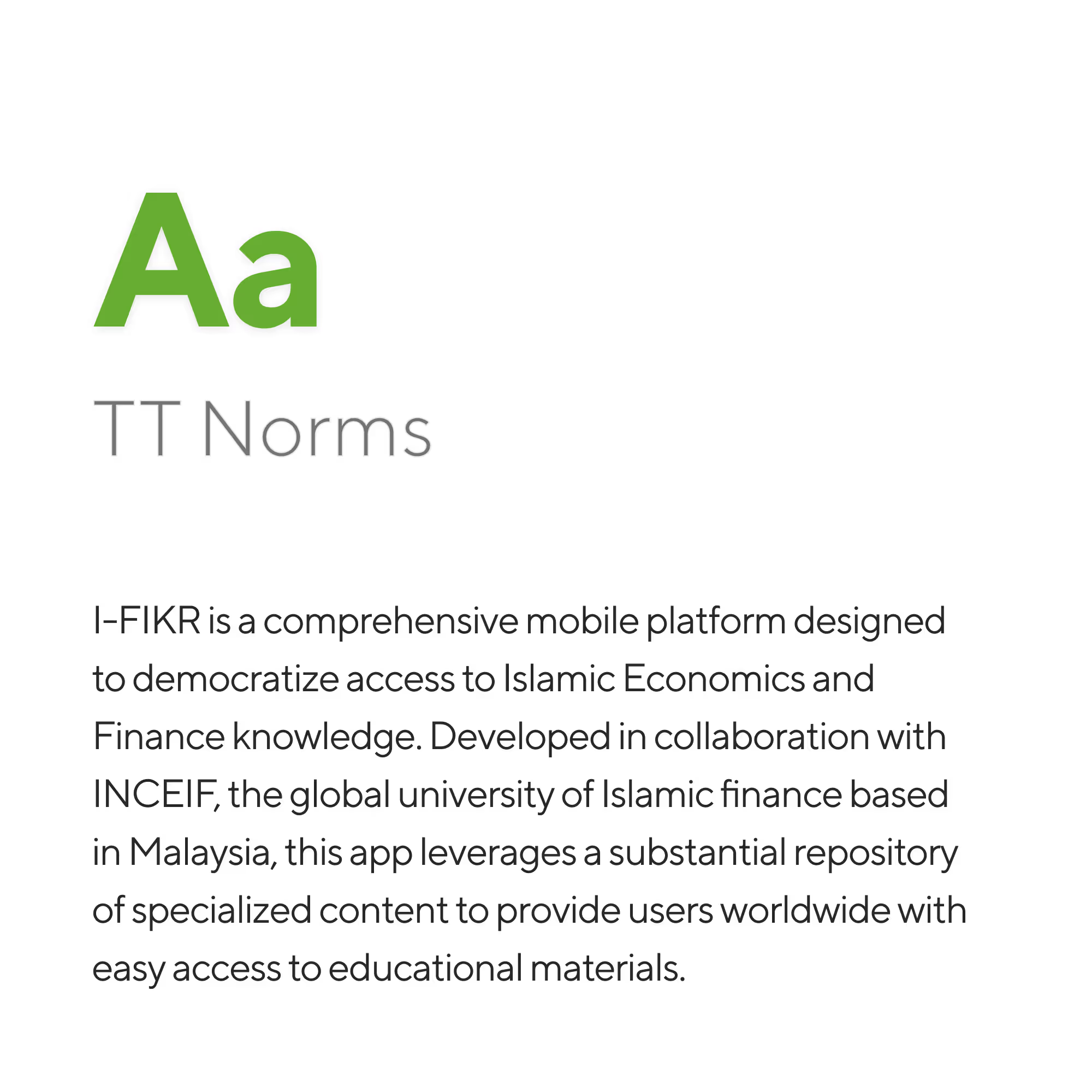
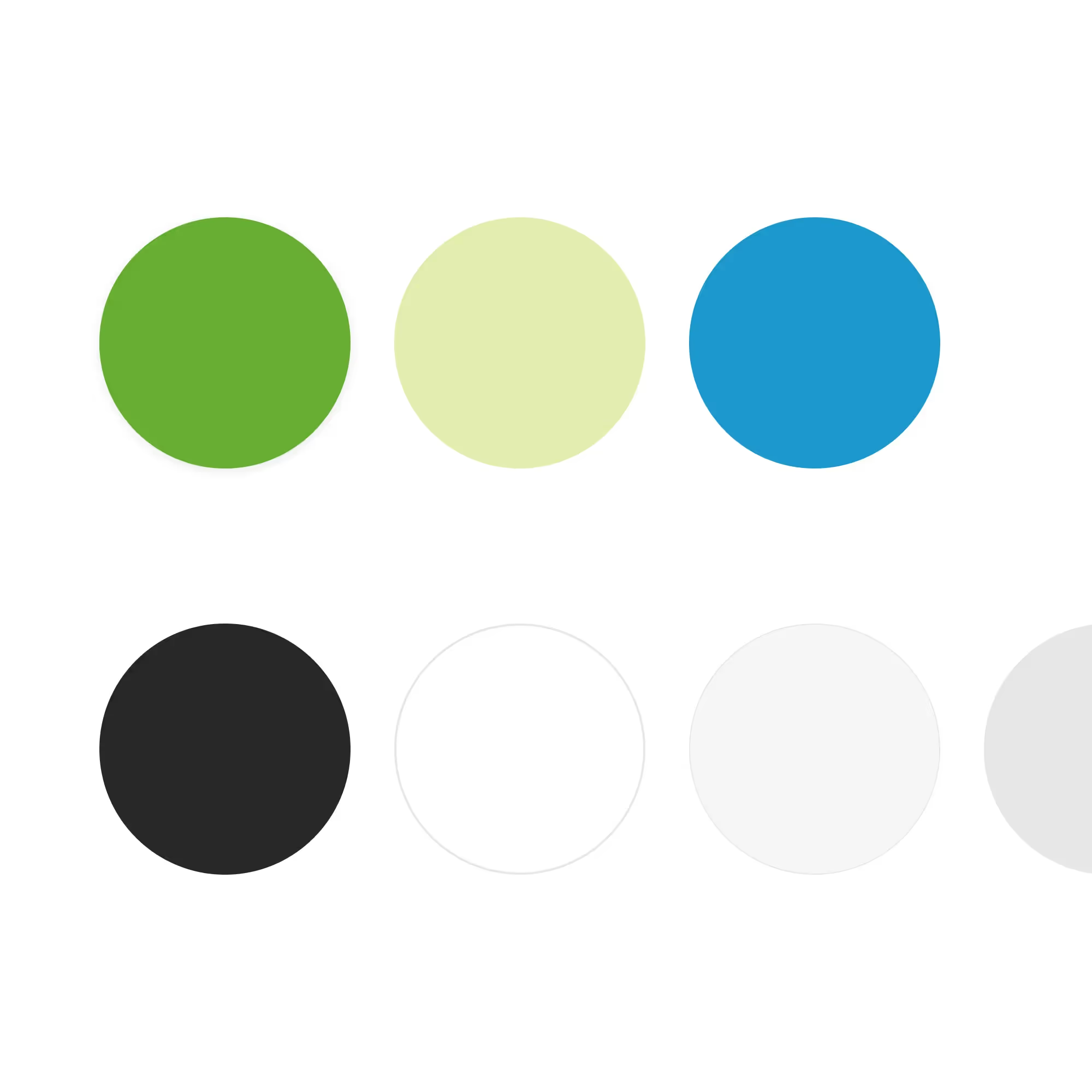


The Medicai Design System provides a unified component base for both designers and developers to ensure consistency throughout all products.
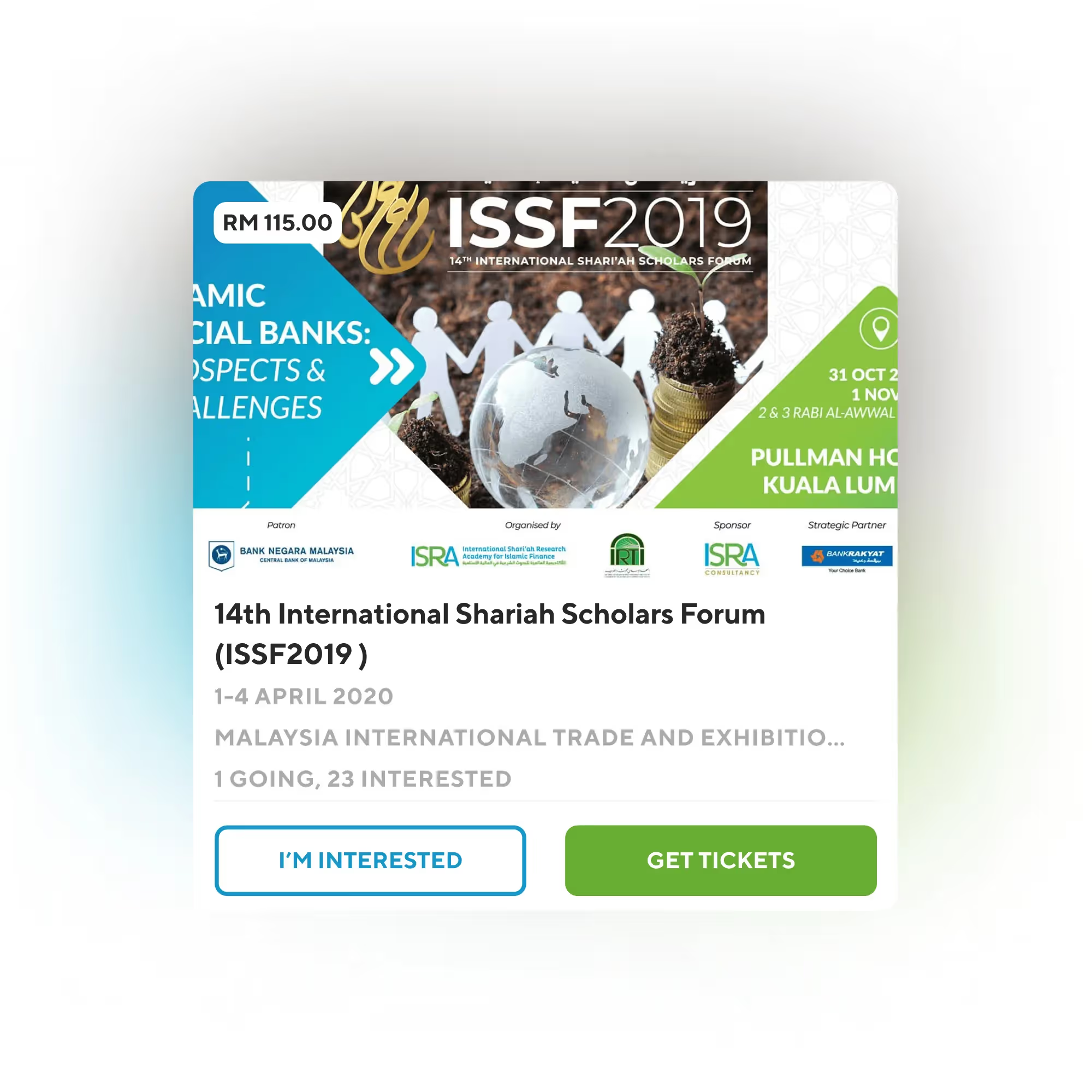
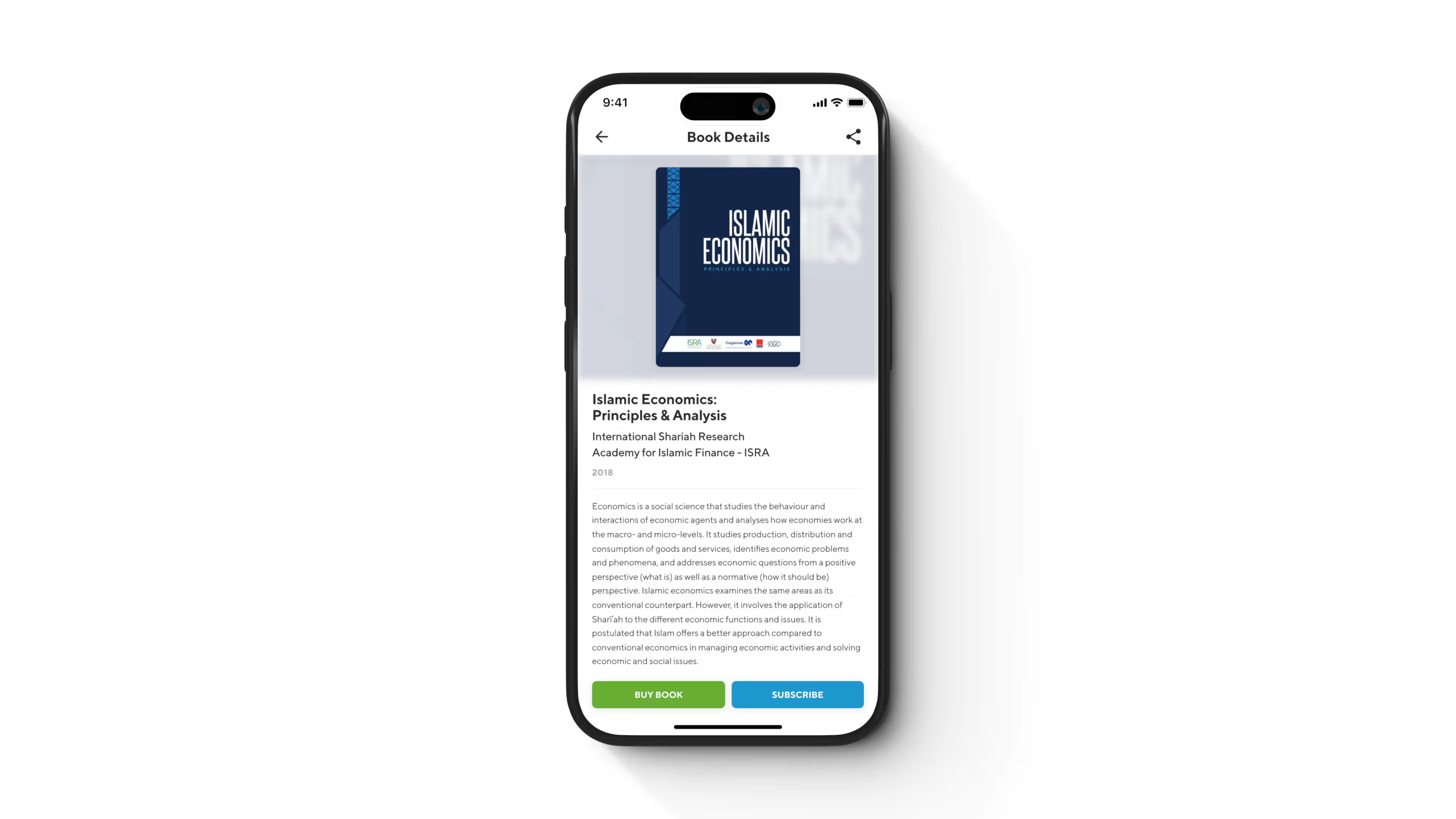
Medicai's DICOM viewer supports all imaging types, provides efficient storage, and allows seamless access to medical images from any device, including mobile ones through the Medicai Mobile app, enhancing real-time collaboration and patient care.
Below you can play with Medicai’s DICOM Viewer directly embeded in our website. Inside the viewer, you can see a MRI imaging study.

User Research: We conducted extensive interviews and competitive analysis to understand the specific needs of their users
User Experience Design: Our team designed intuitive user journeys to ensure seamless interaction with the I-FIKR app, making it easy for students to navigate and use.
User Interface Design: We developed a cohesive branding and design system, creating a consistent and visually engaging user interface across the platform.

Software Development: Utilizes React Native for mobile compatibility across iOS and Android, React JS for web, and Node.js for backend solutions.
Quality Assurance: Involves rigorous manual and automated testing across devices to ensure functionality, usability, and performance.

Docker: Used for containerization, enhancing consistency across development, testing, and production environments.
AWS (Amazon Web Services): Provides robust cloud infrastructure for scalability and reliability.
Firebase: Supports real-time database management, user authentication, and hosting.